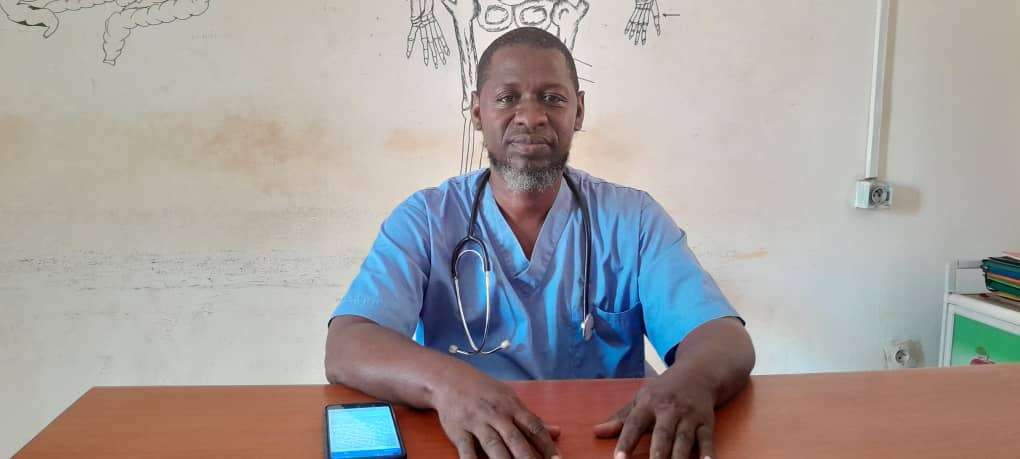Many Kindia residents work in sand and gravel quarries. Despite some difficulties, they manage to get by. According to specialists, artisanal quarrying causes various illnesses over time.
Doctor Thierno IDI Sow, deputy chief physician at the epidemic treatment center, lifts a corner of the veil.
According to him, artisans are exposed to a number of illnesses, such as dust-related lung infections. "On the gravel mining site, there is a lack of hygiene and safety rules, exposing operators to numerous illnesses such as lung infections, the risk of injury from stone chips, the risk of deafness from constant noise on the site, and eye diseases", said Dr. Thierno IDI Sow.
The doctor did not forget to mention some of the effects of artisanal quarrying in his speech. "The effects of artisanal quarrying have many faces. In most cases, this type of quarrying is the source of numerous work-related accidents, most often fatal. Rockfalls can occur, posing safety risks to miners", emphasized Dr. Sow.
"In the sand quarry, operators run many risks. There's the risk of developing diseases such as dysentery, typhoid fever, malaria, eye and ear pain. The operators work without personal protective equipment", added the deputy chief physician of the epidemic treatment center.
Dr. Thierno IDI Sow went on to address messages to operators and the authorities. "For sustainable exploitation, initiatives must be set up in quarries. These include enforcement of the laws governing artisanal quarrying by public authorities. The development of sites, the construction of toilets for users, the construction of treatment facilities in the event of accidents, even restaurants and the use of personal protective equipment", concluded Dr. Thierno IDI Sow.
At the new Koba Pastoria gravel quarry, the operators work with their bare hands. They wear neither masks nor helmets, and protective goggles are nowhere to be seen. They do whatever it takes to feed their families.

